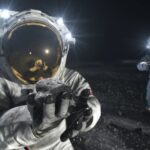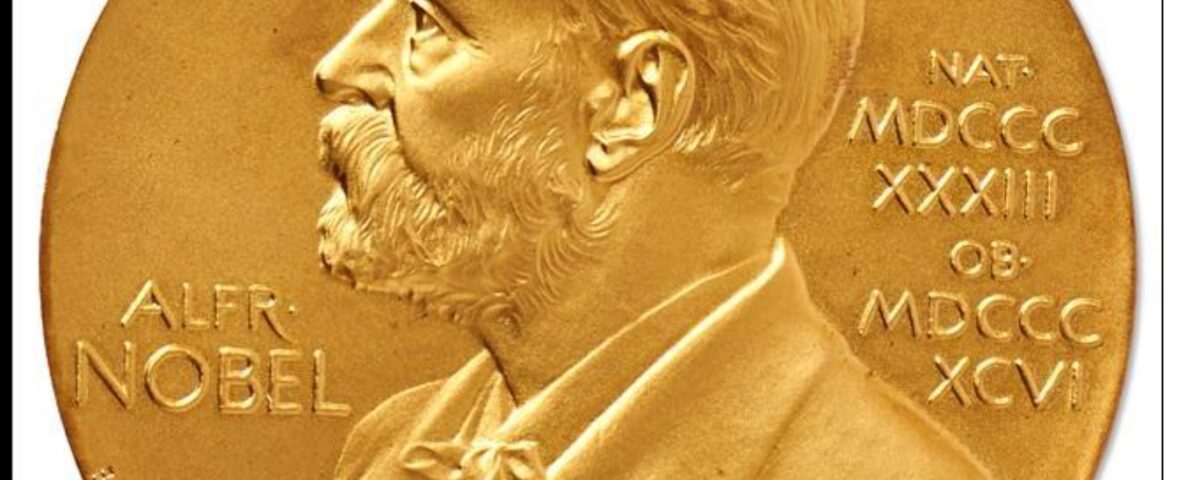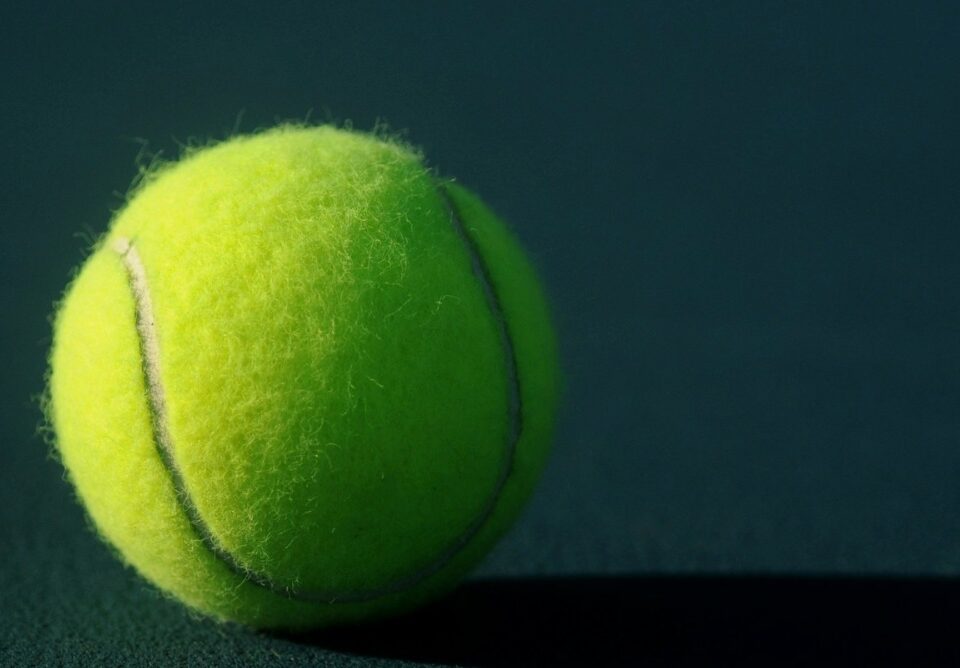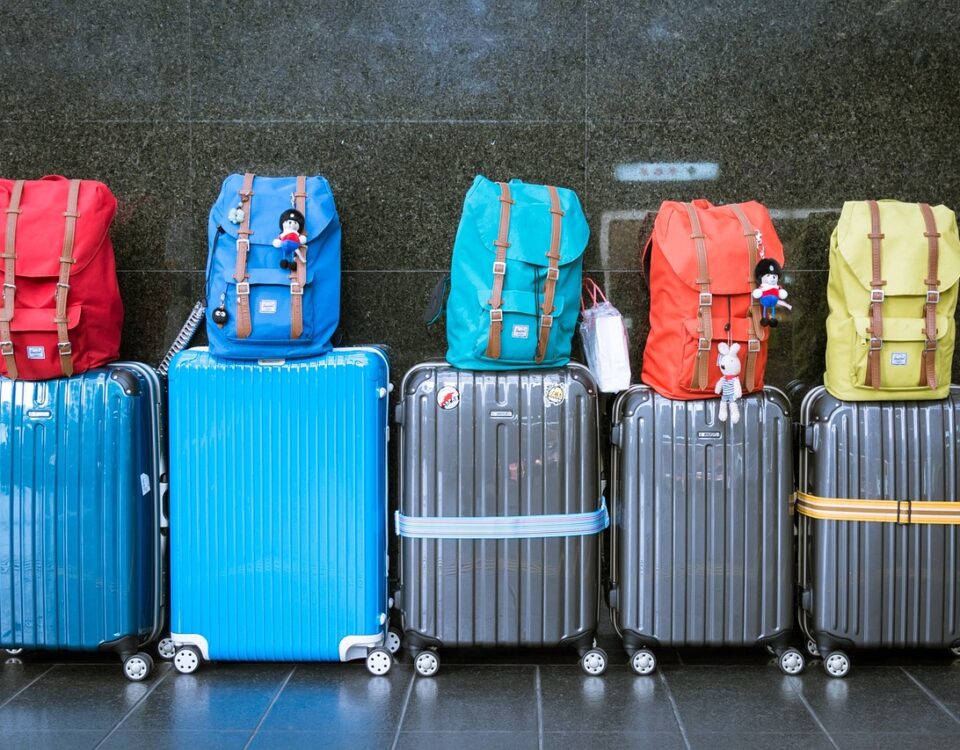
Pride or Practicality? Debating NASA’s Budget
May 22, 2023Why Monique Is More Than a Chicken
May 24, 2023Browsing through posting possibilities, I came across a story that made me want to share a smile:
Traveling With a Nobel Award
During 2014, after astrophysicist Brian Schmidt won a Nobel Prize, he described one way that his life changed.
“There are a couple of bizarre things that happen. One of the things you get when you win a Nobel Prize is, well, a Nobel Prize. It’s about that big, that thick [he mimes a disk roughly the size of an Olympic medal], weighs a half a pound, and it’s made of gold.
“When I won this, my grandma, who lives in Fargo, North Dakota, wanted to see it. I was coming around so I decided I’d bring my Nobel Prize. You would think that carrying around a Nobel Prize would be uneventful, and it was uneventful, until I tried to leave Fargo with it, and went through the X-ray machine. I could see they were puzzled. It was in my laptop bag. It’s made of gold, so it absorbs all the X-rays—it’s completely black. And they had never seen anything completely black.
“They’re like, ‘Sir, there’s something in your bag.’
I said, ‘Yes, I think it’s this box.’
They said, ‘What’s in the box?’
I said, ‘a large gold medal,’ as one does.
So they opened it up and they said, ‘What’s it made out of?’
I said, ‘gold.’
And they’re like, ‘Uhhhh. Who gave this to you?’
‘The King of Sweden.’
‘Why did he give this to you?’
‘Because I helped discover the expansion rate of the universe was accelerating.’
At which point, they were beginning to lose their sense of humor. I explained to them it was a Nobel Prize, and their main question was, ‘Why were you in Fargo?’”
Our Bottom Line: Unintended Consequences
Feeling compelled to add a Bottom Line, I thought of the unintended consequences that economists always expect. Brian Schmidt said that his Nobel created travel hassles. At econlife, among the many unintended consequences, we’ve looked at, Amazon Prime was one. Quite unintentionally, they’ve created a group of “serial returners” because buying and then returning have no (money) cost. It’s also possible that Uber improved the quality of taxi cab rides and flood insurance encouaged people to consider waterfront property. The list is a long one.
But it just reminds us that economics is about so much more than money.
My sources and more: I discovered the Schmidt story at Timothy Taylor’s blog. From there, I read more at Scientific American. And then, my unintended consequence was the pleasure of learning more about the Giant Magellan Telescope as I further explored why Dr. Schmidt won his Nobel.
![econlifelogotrademarkedwebsitelogo[1]](/wp-content/uploads/2024/05/econlifelogotrademarkedwebsitelogo1.png#100878)




